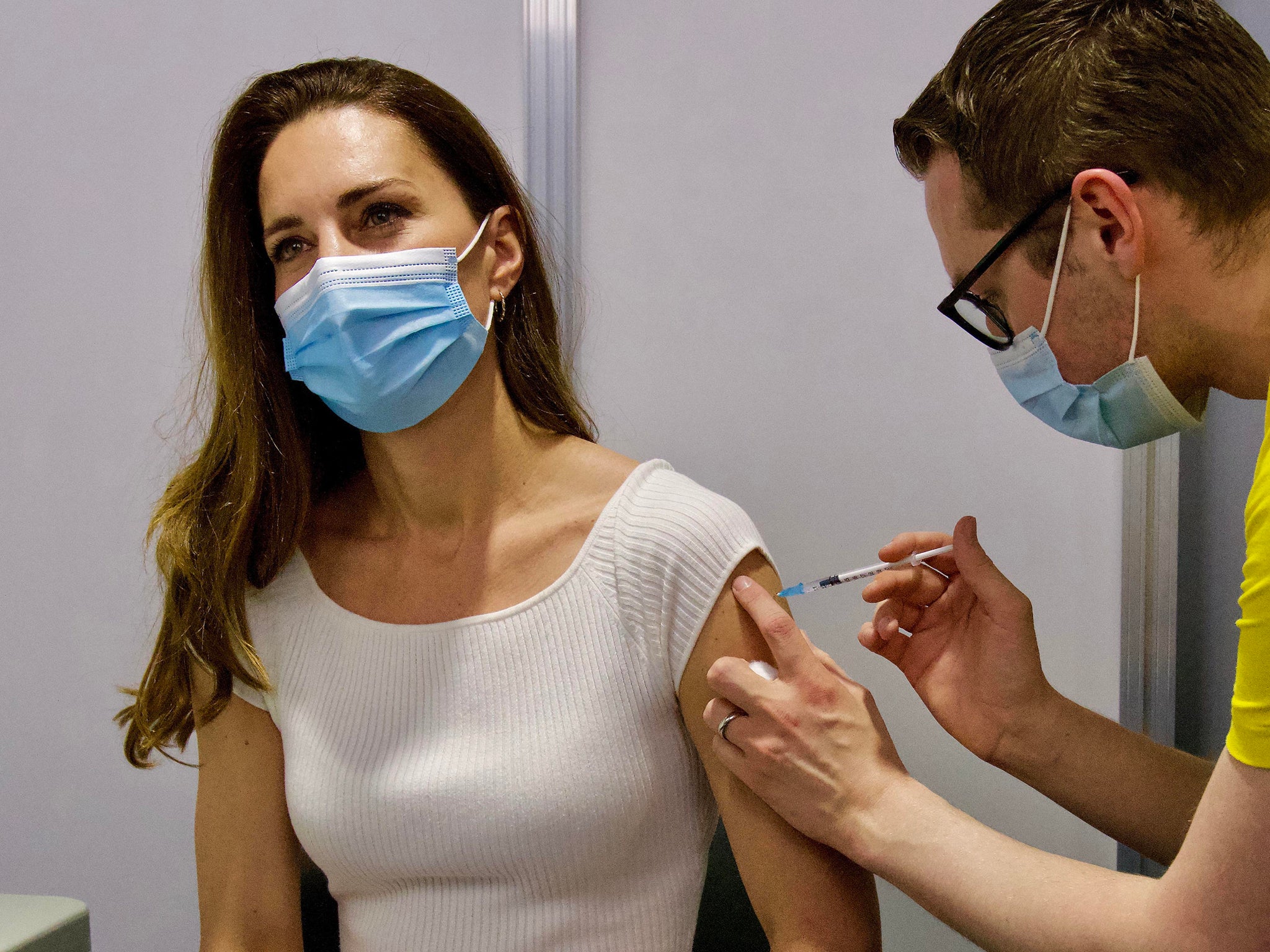Are women’s health needs seen as second class?


With millions of jabs delivered at record breaking speed, the Covid vaccination programme has been a huge success.
But it has led to one unexpected consequence. Increasingly, some women are starting to wonder if their health needs are considered second class?
The questions began when it emerged the AstraZeneca vaccine was linked to an incredibly rare type of blood clots.
The NHS, to its credit, moved swiftly. The government’s official Joint Committee on Vaccination and Immunisation (JCVI) announced it would act with an abundance of caution and told all those under the age of 30 that they would be offered an alternative to the AZ jab when their turn came.
Within hours, however, thousands of women had taken to Twitter and other social media platforms to point out the well-known risks associated with blood clots and the birth control pill.
As one pithily put it, they now understood why there had never been a male pill. Because men would not be expected to put up with such a risk, only women would.
Over the coming days the issue prompted a conversation in women’s magazines and national newspapers about the risks and benefits associated with birth control, but also about the wider expectations of being a woman in the 21st century.
Just weeks later, another group of women stumbled up against what seemed to be a strange problem in accessing their Covid vaccines.
In the wake of the under-30s announcement, the JCVI said expectant mothers should also preferably receive a non-AZ vaccine. So far, so straightforward, or so you would think. But it was at this point that pregnant women entered a bureaucratic nightmare. They would receive a text inviting them for a vaccination. But when they logged on to the national booking service there was no way to indicate that they were expecting. Even worse, phone calls to 119 directed women to their GPs, who they were assured could help. But GPs expressed bafflement, telling women they had no information on where or when they could access alternative jabs.
In despair, women started trying to crowdsource the information on WhatsApp groups and message boards, where rumours spread. Some delayed their vaccinations for fear of making a long journey in late pregnancy and being turned away. Others decided to have their babies first, only to be warned by doctors not to have the jab for up to another eight weeks afterwards, for no medical reason they could discern.
GPs themselves protested. Richard Vautrey, the chair of British Medical Association’s GP committee, told The Independent: “GP practices are not in a position to offer a choice of vaccine to pregnant women. They’ve never been able to do that. The system was not created to do that.”
In the end the system was changed. But only when it was announced that under 40s, who were due to be inoculated imminently, should also receive a non-AZ jab.
Or, as some women noted, the system finally started to affect another group… men.
Are these criticisms justified? Do women have cause for worry when it comes to how their health needs are viewed? One thing is certain, the concerns are real and in themselves pose a real challenge for the NHS.
Why? Well, for that we have to look to the vaccination programme itself. It has highlighted the costs that can affect us all when certain groups in society feel they are not being served by the system.
Join our commenting forum
Join thought-provoking conversations, follow other Independent readers and see their replies
Comments
Bookmark popover
Removed from bookmarks